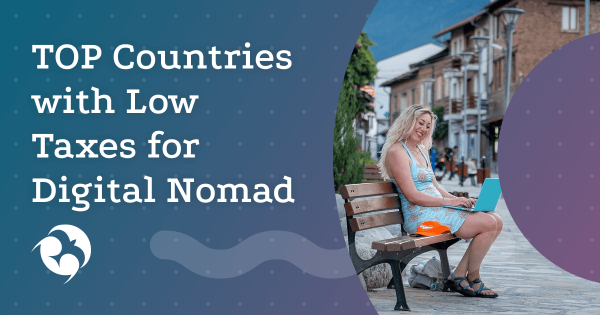Just recently, we wrote that Taiwan introduced a visa for digital nomads. But the country’s authorities did not stop there.
What else did Taiwan introduce
The government spied on the idea of the Dubai authorities, who attract highly qualified technical and creative specialists, and decided to do the same.
Now Taiwan will attract IT specialists, technicians and other specialists. For those whose salary is more than $188,000 per year, the country will issue a special Global Elite card, which is equivalent to a residence permit and emphasizes the privileged position of a foreigner in Taiwan. After just one year of life, Global Elite holders will have the right to obtain permanent residence and remain to live and work without hindrance.
Higher education in the country is paid, but the state has long ago introduced scholarships for students from abroad to attract foreigners. The scholarship is paid by the local Ministry of Education, and it covers not only tuition, but also regular student expenses. Moreover, you can first complete a bachelor’s degree with full coverage of expenses, and then a master’s degree.
Some facts about Taiwan
The Republic of China Taiwan is a small island state in the Pacific Ocean with a population of about 23.5 million people. About three million of them live in the capital Taipei. It is in the Top 4 safest cities in the world, according to RankingRoyals. Taipei has a very low crime rate and it is almost impossible to get into trouble there just walking down the street.
The country speaks Chinese, with some differences from the language used in China itself. Until 1949, Taiwan was part of China, but separated due to the victory of the communists in the Chinese Civil War. A significant part of the intelligentsia fled to Taiwan. Today, the country’s authorities are making every effort to make Taiwan bilingual as quickly as possible. All signs here are duplicated in English, and English is taught in schools.
Today, Taiwan is an economically developed, democratic state. The minimum and average wages are growing annually. The country also has a progressive tax scale, from 5% to 20%.













